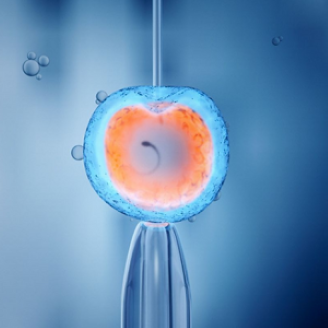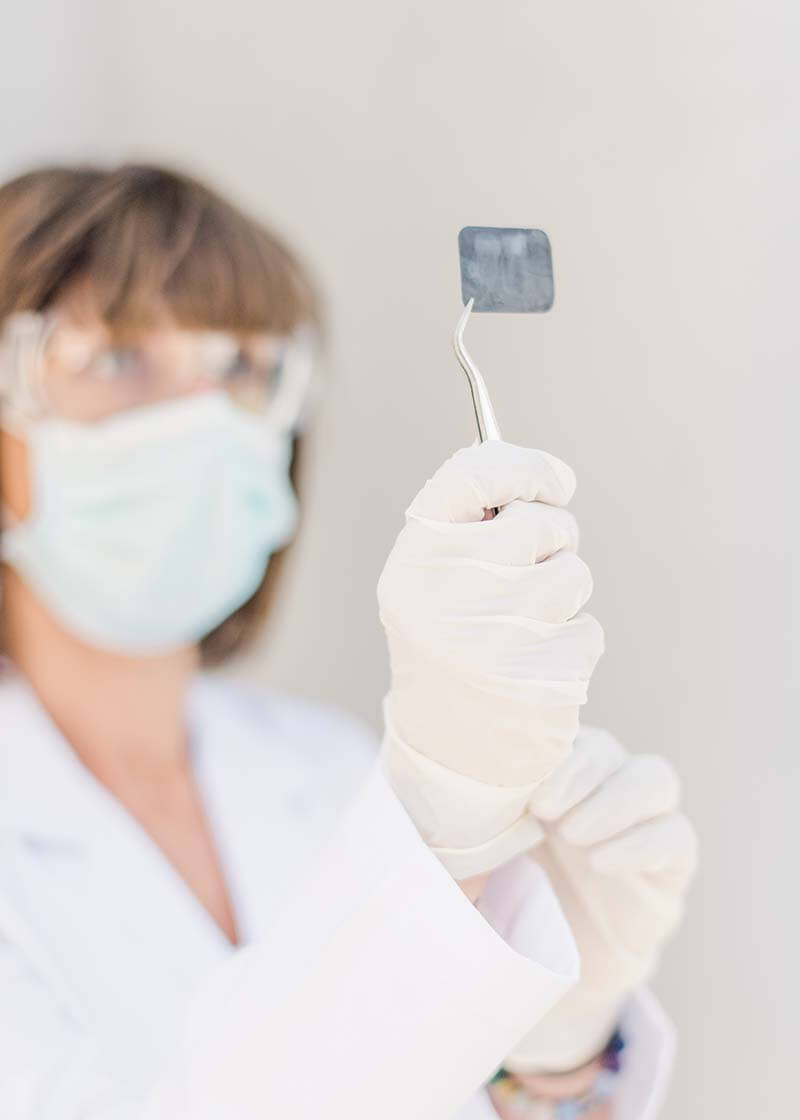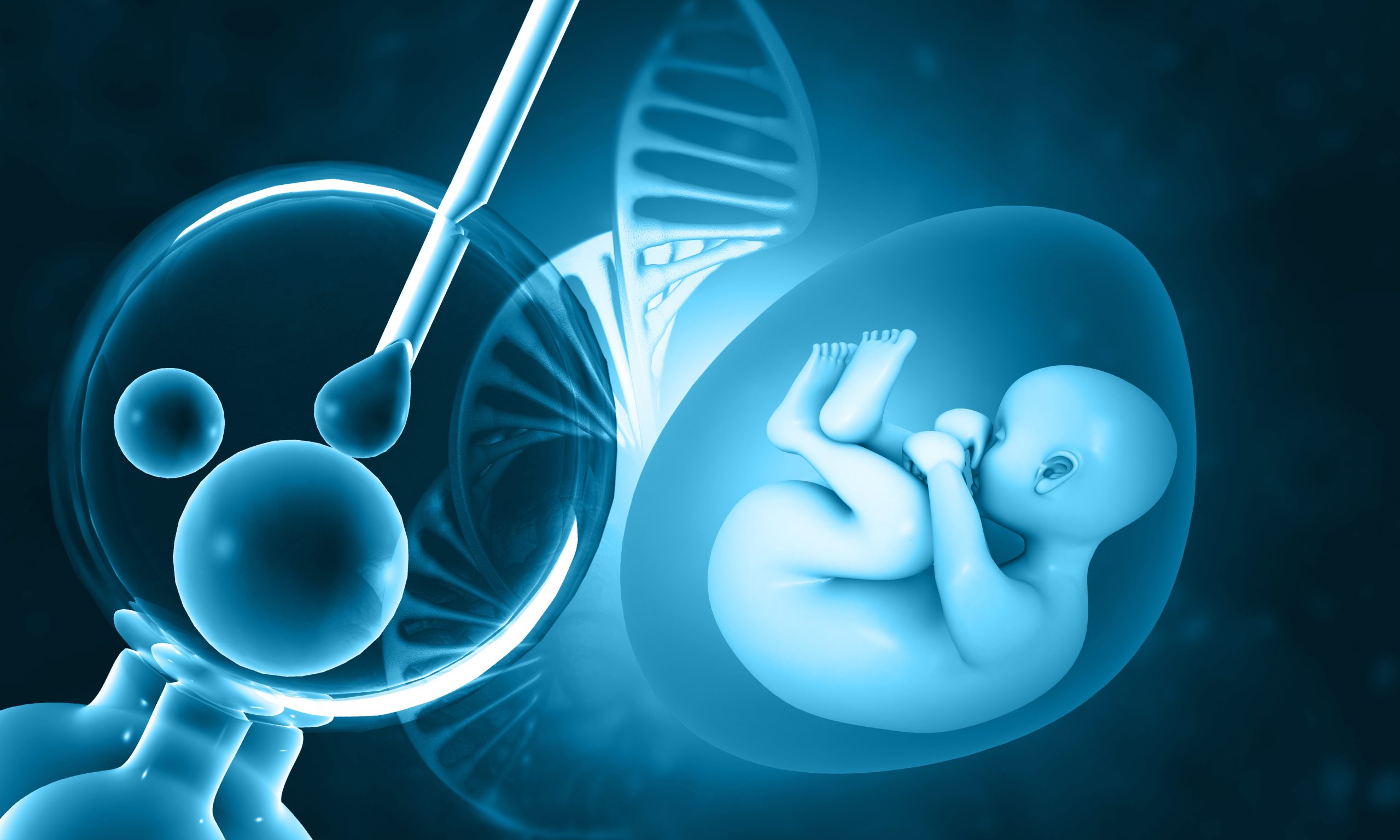Services
In-Vitro Fertilization(IVF)
IVF aids couples with fertility issues by fertilizing eggs with sperm in a lab to create embryos. These embryos are then transferred to the woman’s uterus for potential pregnancy. IVF is a widely used and effective assisted reproductive technology.
Services
In-Vitro Fertilization(IVF)
What to expect
- May or may not be advised to take birth control pills.
- Complete transvaginal ultrasound within the first 2~3 days of the menstrual cycle.
- Take fertility drugs such as Clomiphene (Clomid), Letrozole (Femara), or Gonadotropins for around 10 days.
- Be monitored with transvaginal ultrasound and blood tests for the development of the follicles to decide when to trigger for Egg Retrieval.
- Be monitored with transvaginal ultrasound and blood tests for the development of the follicles to decide when to trigger for Egg Retrieval.
- Semen will be collected.
- Fertilization with sperm on the day of egg retrieval.
- Embryo will be transferred on days 3~5 and/or freeze the embryos for later use.
Who needs this?
- Blocked or damaged fallopian tubes
- Polycystic Ovary Syndrome (PCOS)
- Ovarian dysfunction
- Endometriosis
- Advanced maternal age (35 years and older)
- Male partner’s sperm quality issues
Unexplained infertility

Book a free consultation
How Successful Is IVF?
The success rates of IVF vary depending on age and circumstances. Generally, the success rates for the 20-30 age group are higher than those for individuals aged 35 and above. Success rates are also influenced by factors such as the specific conditions of the patients, the treatment techniques used, and the experience of the medical team.
The Process Of In Vitro Fertilization IVF?
- Step One – Ovulation Induction
- Step Two – Egg Retrieval
- Step Three – Fertilization and Embryo Culture
- Step Four – Embryo Transfer
How To Prepare For IVF?
- Eat a healthy, well balanced diet.
- Start taking prenatal vitamins.
- Maintain a healthy weight.
- top smoking, drinking alcohol and recreational drugs.
- Avoid travel to any countries or regions that may put you at risk of exposure to Zika or other significant infectious diseases, which could delay treatment.
- Reduce or eliminate your caffeine intake.
What Is Single Embryo Transfer?
Single embryo transfer is a procedure in assisted reproductive technology where only one embryo is selected and transferred into the uterus during an IVF cycle. This approach aims to reduce the risk of multiple pregnancies while still offering a good chance of successful implantation and pregnancy.

Testimonials
What our clients say
Nullam facilisis faucibus velit. Phasellus porttitor, turpis sit amet consequat dapibus, tellus nunc venenatis diam, tincidunt semper dui nibh sit amet ex.

Rosa Smith
Founder of Atlas


